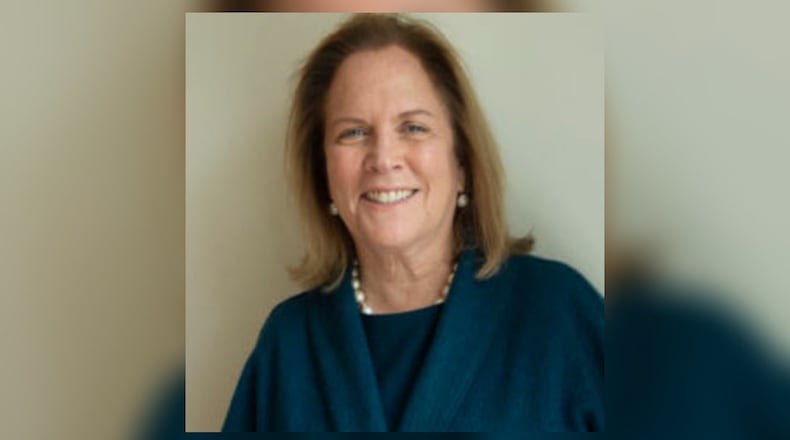The case might focus on whether these state bans violate constitutional rights, such as the right to privacy, bodily autonomy, and equal protection under the law. There should be nothing illegal about choosing a hormone to support our gender identity. Our medical professionals and others have learned that people of all ages can select a natural hormone that matches our true gender.
The outcome of this case could set a precedent for how transgender rights are treated in the U.S., particularly regarding healthcare access. It will be crucial in determining how laws in various states that restrict transgender healthcare for minors are interpreted in the future, and whether those laws will stand or be overturned.
It’s a highly complex issue that intersects with public health, legal rights, ethics, and deeply held beliefs about gender and identity. The ruling could have far-reaching consequences not just for transgender youth, but also for adults seeking similar care in a country where laws are increasingly varied and contentious on these issues.
The rights to life, liberty and the pursuit of happiness, as stated in the U.S. Declaration of Independence and interpreted through the principles of the Constitution, provides a strong basis for advocating for transgender youth’s right to access gender-affirming healthcare.
The right to life encompasses the idea that individuals should be able to live their lives in a manner that allows them to pursue their well-being and personal identity.
Liberty refers to the freedom to make personal decisions about one’s body, health, and identity without undue interference from the government. Gender-affirming healthcare is a personal choice made between the youth, their family, and healthcare providers.
The pursuit of happiness is often understood as the ability to seek fulfillment and well-being in ways that align with one’s identity and values.
Without access to such healthcare, transgender youth may be denied the ability to pursue happiness in a meaningful way. Denying gender-affirming care could lead to increased mental health struggles, social isolation, and a reduced quality of life. The pursuit of happiness in this case means being able to live authentically and in a manner that reflects one’s true self.
We all deserve healthcare, access to education, jobs, and housing. We all have freedom to thrive, be healthy, and be our authentic selves and that includes transgender Ohioans.
Jane Fernandes is the President of Antioch College.
About the Author
